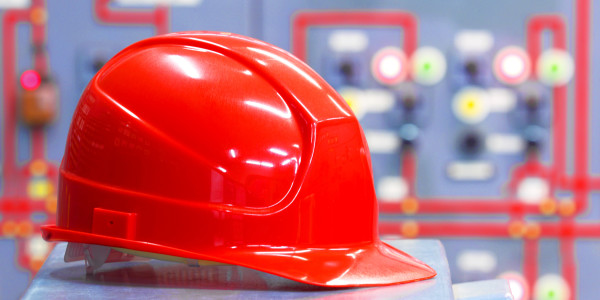There have been a lot of conflicting reports regarding the state of U.S. manufacturing. There are those who say that American manufacturing is experience a renaissance, and is stronger than it’s been in decades. Then there are those who say that reshoring is a hoax, and industry in the United States, while improving, isn’t anything to marvel at. This confusion comes from the number of different ways that people measure success. One of the ways that people gauge manufacturing in the U.S. is by looking at the number of manufacturing jobs.
After the Great Recession, a number of factories closed their doors, and many manufacturing jobs were sent overseas. Last month, the White House issued a report that suggests American manufacturing is on the rise. In less than 5 years, 865,000 new manufacturing jobs have been added in the U.S. This marks the first period of sustained growth since the 1990s. Manufacturing is growing faster than the overall economy for the first time in two decades, and there are a number of innovations and improvements being made in manufacturing.
But why is there such a focus on how the manufacturing industry is doing? Does it really matter if the U.S. loses manufacturing jobs?
According to the National Association of Manufacturers, every dollar spent in manufacturing contributes $1.37 to the economy. This is the highest return of any economic sector. It’s the same concept as supporting a local economy. When you buy goods made in the U.S. you are improving the U.S. economy rather than an overseas economy.
Manufacturing also lends itself to development. Manufacturing has been steadily becoming more and more automated over the years. This has been a result of improved technology. Automation is clearly the future of manufacturing, and could very well be the future for many things in our daily lives. More jobs in manufacturing puts the United States in a better position for the future.
There are, of course, many other reasons why manufacturing is important, but the contributions to the economy and to the development of new technology are two of the big ones. So until motion control and automation become so advanced that they replace the need for human workers entirely, manufacturing jobs matter.



